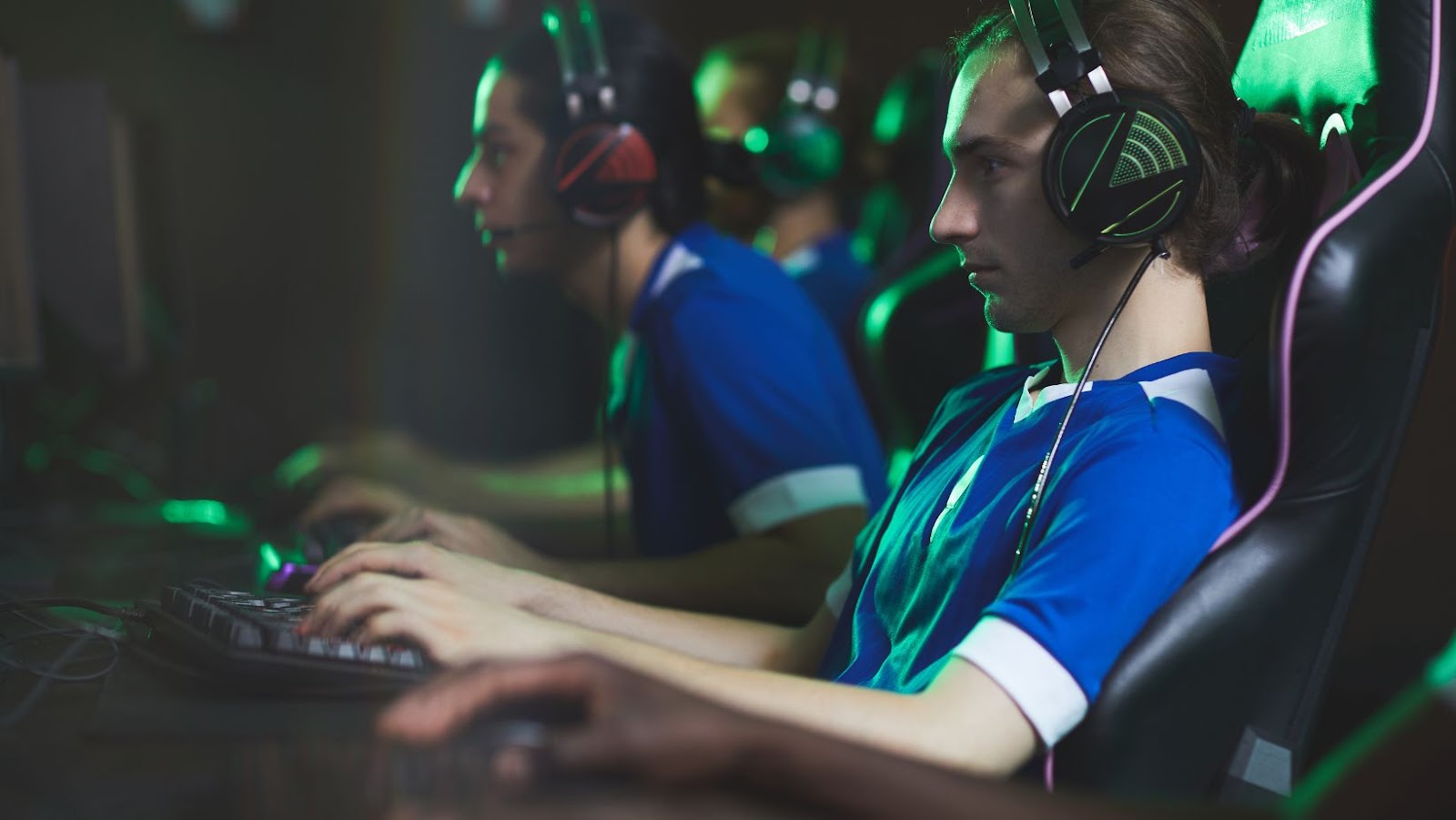 What Does WP Mean in Gaming
What Does WP Mean in Gaming
The dawn of the digital age ushered in a myriad of terminologies, particularly in the gaming community with words like ‘WP’ becoming commonplace. A firm grasp of this jargon not only enhances a player’s gaming experience but also improves communication among fellow gamers.
Comprehension of gaming terminology such as ‘WP’ plays a critical role in the gaming world. It allows players to transmit concise, specific messages during gameplay. Moreover, it fosters a sense of community among gamers, as it becomes a unique language they share. In competitive gaming, where split-second communication can be the difference between victory and defeat, understanding these terms becomes even more crucial. For example, in a fast-paced online battle, a quick ‘WP’ from a teammate can provide encouragement and maintain morale.
What Does WP Mean in Gaming? The term ‘WP’, an acronym for ‘Well Played’, is a gaming term that originated in the era of multiplayer online games, such as Dota and World of Warcraft. The phrase is a sportsmanship-like nod from one player to another acknowledging a strategic move, smart play, or simply a way of saying good game regardless of winning or losing. For instance, a player might say ‘WP’ after a fierce in-game battle that resulted in a respectable defeat.
‘WP’ exhibits universality in its application. It’s widely used across various gaming genres and platforms, from board games like chess to online multiplayer video games like Call of Duty or Fortnite. Noteworthy is the fact that the use of ‘WP’ isn’t exclusive to victorious moments; a losing player often uses ‘WP’ to appreciate an opponent’s prowess. A player using ‘WP’ after a game acknowledges the rival’s superior strategy, which he or she couldn’t surmount in the match.
Gaming terminologies, including ‘WP’, are increasingly integrating into everyday language. Over time, the term moved beyond the gaming world to find usage in various online communities, forums, and social media platforms, where it’s used to show approval or acknowledge an impressive achievement. People often utilise ‘WP’ on Twitter or Reddit to acknowledge someone’s witty remark or clever solution to a problem. Gradually, ‘WP’ has evolved from being strictly a gaming term to an internet acronym, acknowledging a job well done.
 Spotlight on WP in Gaming
Spotlight on WP in Gaming
What Does WP Mean in Gaming? “WP”, in gaming jargon, stands for “Well Played”. This simple expression carries substantial weight. Originating in the heated arenas of multiplayer online games like Dota and World of Warcraft, it has seeped into the fabric of the global online community. A nod to sportsmanship, a mark of recognition, “WP” embodies the camaraderie and respect gamers share. Its implications extend beyond victorious moments, acknowledging the skills of the opponent even in loss.
Deploying “WP” strategically can enhance in-game communication. Often tossed around post-match, it signifies an acknowledgment of skill or strategic play. But players don’t limit its use only to victories. “WP” also makes an appearance in less lucky circumstances, indicating appreciative concession. Moreover, it’s spotted frequently in online chatter and social media, validating an achievement or approval. Thus, understanding the context and timing for “WP” is crucial in the world of gaming, enhancing interaction and preserving the spirit of sportsmanship.
 The Root of Gaming Slangs: Background of WP
The Root of Gaming Slangs: Background of WP
What Does WP Mean in Gaming? The genesis of “WP”, predates the current generation of games. A term lived through early multiplayer games, “WP” stood the test of time. Originating from board games such as chess, it’s later found an abode in the world of digital gaming. The commendation, “WP” or “Well Played”, became a common term of appreciation among players, regardless of gaming platforms. Its evolution presents a fascinating narrative of the cultural crossover from physical board games to digital arenas.
The practical application of “WP” traverses a myriad of popular games. Two illustrations serve well here. In “Dota 2”, a game of strategy and quick decisions, using “WP” after a particularly clever play or move is often sighted. Concurrently, in “World of Warcraft”, another multiplayer online game, the term “WP” emerges as an acknowledgement of a successful raid or a well-executed strategy. These examples underline the universality and wide acceptability of “WP”, making it an integral part of in-game communication and strengthening the bonds of sportsmanship among gamers.